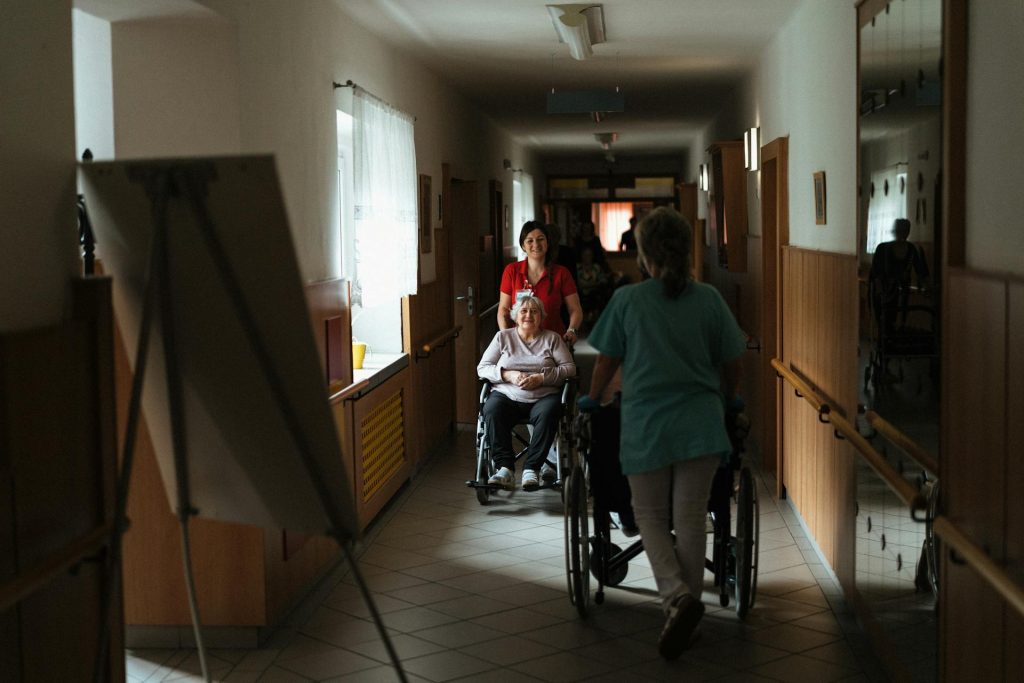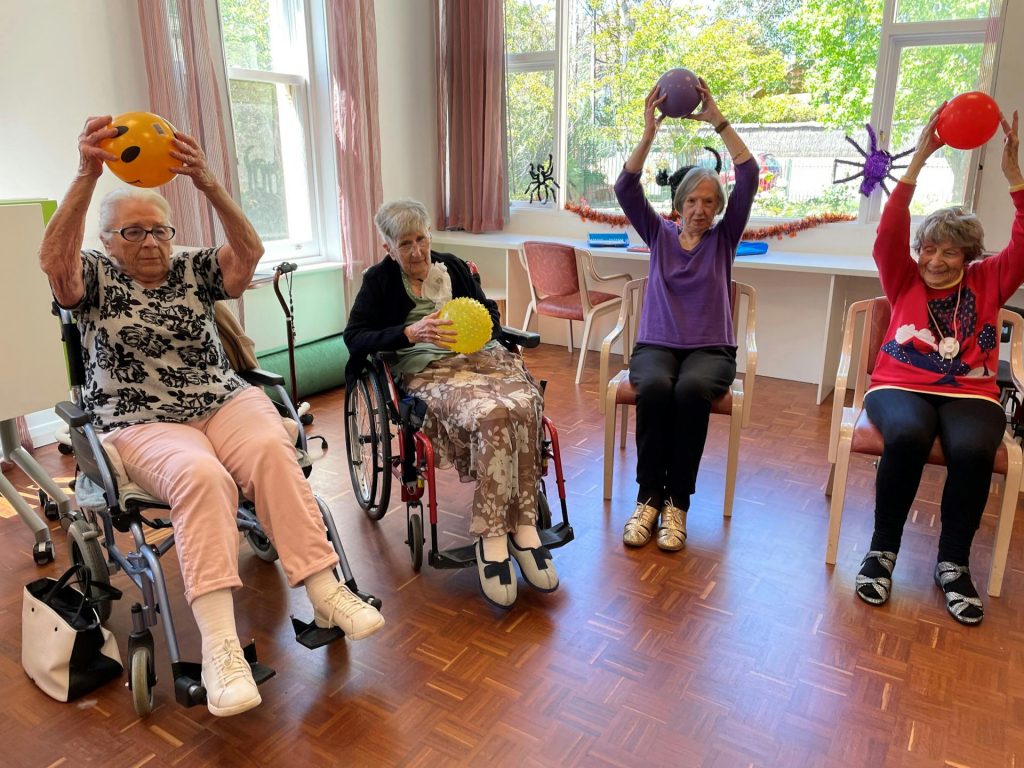When life gets tough, it can be difficult to balance priorities, especially as you focus on building your own family. Caring for aging loved ones is an important responsibility, and sometimes seeking support from professionals can ensure they receive the care and attention they deserve. It’s never an easy decision, and families will eventually face difficult moments. However, it’s important to remember that these choices are always made with love and the best of intentions.
Proper planning, including plans for emotional support during transitions, is one of the most important steps. Since this is never an easy process, particularly for the families involved, it’s a necessity to approach it with careful thought and consideration. These decisions should never be made without planning. Just like any major change, transitions come with a process, and it’s important to have enough preparations.
If you or someone you know is planning to seek support for a loved one, this article provides everything that you need to know and consider to help you throughout the transition process.
Types of senior care
There are different types of senior care options available, each depending on the needs of your loved one. Since every individual has different requirements, it’s necessary to choose the right care option based on those needs.
Below are some of the most common types of senior care:
- Independent Living

This allows your loved one to live in a community where they can maintain their independence while still having access to amenities and assistance when needed. While they are monitored for safety, elders in independent living communities enjoy the freedom to live on their own terms.
Independent living is ideal for seniors who are healthy, active, and looking for a community where they can socialize with peers their age. It suits those who desire independence but still wants the security of a supportive community.
- Assisted Living

This provides housing and support services for elders who need help with activities of daily living. These services may include assistance with chores like laundry, housekeeping, preparing meals, transportation, and security, making sure that elders are still being cared for while still maintaining their independence.
Assisted living is ideal for elders who require some help with daily chores but still want to maintain their independence. It’s a good option for those who need extra help but don’t require the level of care provided in nursing homes.
- Nursing Homes

This provides 24-hour nursing care and rehabilitation services. Unlike independent living or assisted living, nursing homes offer a higher level of care, with professionals like nurses, doctors, and other healthcare specialists. These homes are designed for elders who need constant monitoring and professional care.
Nursing homes are ideal for seniors who need help with their daily living tasks, require medical assistance, in-need of long-term care, or need rehabilitation services. They are suited for elders with health conditions, disabilities, or those recovering from illnesses who require specialized care.
- Memory Care

Memory care is designed specifically for individuals with Alzheimer’s disease, dementia, or other cognitive impairments. This type of care is led by professionals who have expertise in memory-related conditions. Memory care facilities often feature specialized amenities and programs that cater to the needs of your loved one, including therapies to help manage memory loss and other challenges.
Memory care is ideal for elderly with cognitive impairments. It helps them meet their daily needs, such as medication management, meals, and other personal care, while also being provided with support needed for their cognitive cognition.
Considering your loved one’s needs
Before making any major decisions regarding senior care, it’s important to first consider your loved one’s specific needs. Keep in mind that they are the ones facing the biggest adjustments. Taking the time to understand their situation will help ensure they receive the right level of care they need.
Medical and Physical Care

When considering the right care for your loved one, assess first their medical and physical needs. Are they active and physically healthy enough to live independently or do they need assistance? Do they require more medical attention? What kind of physical activities do they need? These questions will help you identify the most suitable care option for your loved one.
Emotional and Social Needs

Consider evaluating your loved one’s mental state. How well are they able to cope with change, and how big of an adjustment will they need to make? Can they adapt to a new setting, or would they benefit more from staying in a familiar place?
Financial Considerations

Of course, it’s also important to consider your financial means. Can you afford the costs associated with senior care, especially long-term care? Have you assessed the monthly fees and any additional costs for services and amenities? Do you have a stable source of income or financial support to cover these expenses?
How to choose the right care facility
Another important factor to know before transitioning your loved one into senior care is choosing the right care facility. Below are some tips to make sure you’re selecting the best option for your loved one’s needs:
Tip #1: Research the Facility
Consider the facility’s location, specialization, and reviews. Don’t settle for less– always make sure that the facility meets all of your loved one’s needs and provides the best possible care. Trust your instincts and take your time.
Tip #2: Tour the Facility
After researching, you can visit the facility with your loved one if possible. During the visit, pay attention to key aspects like staff interactions, cleanliness, and the overall atmosphere. Also, check if your loved one feels at ease in the environment.
Tip #3: Check the Staff Qualifications
Make sure the facility is staffed with well-trained professionals who are not only skilled but also patient and compassionate. Look for staff who are attentive, patient, and capable of providing the personalized support your loved one deserves.
Always invest time in preparing both your loved one and yourself emotionally for the transition. It’s important to manage your own emotions as a family member to make the processes smooth and less stressful as possible for your loved one. Always make sure that they are involved in the decision-making process, and never surprise them with such a big change.
Having a well-planned approach is the key. For additional guidance, resources, or to schedule a tour, contact Rippling River now to have the support needed to make the best decision for your loved one’s care.
